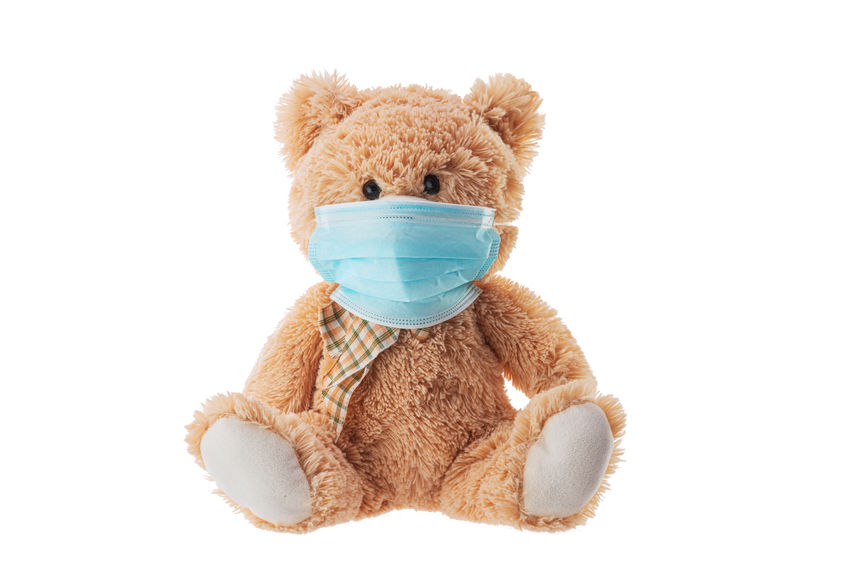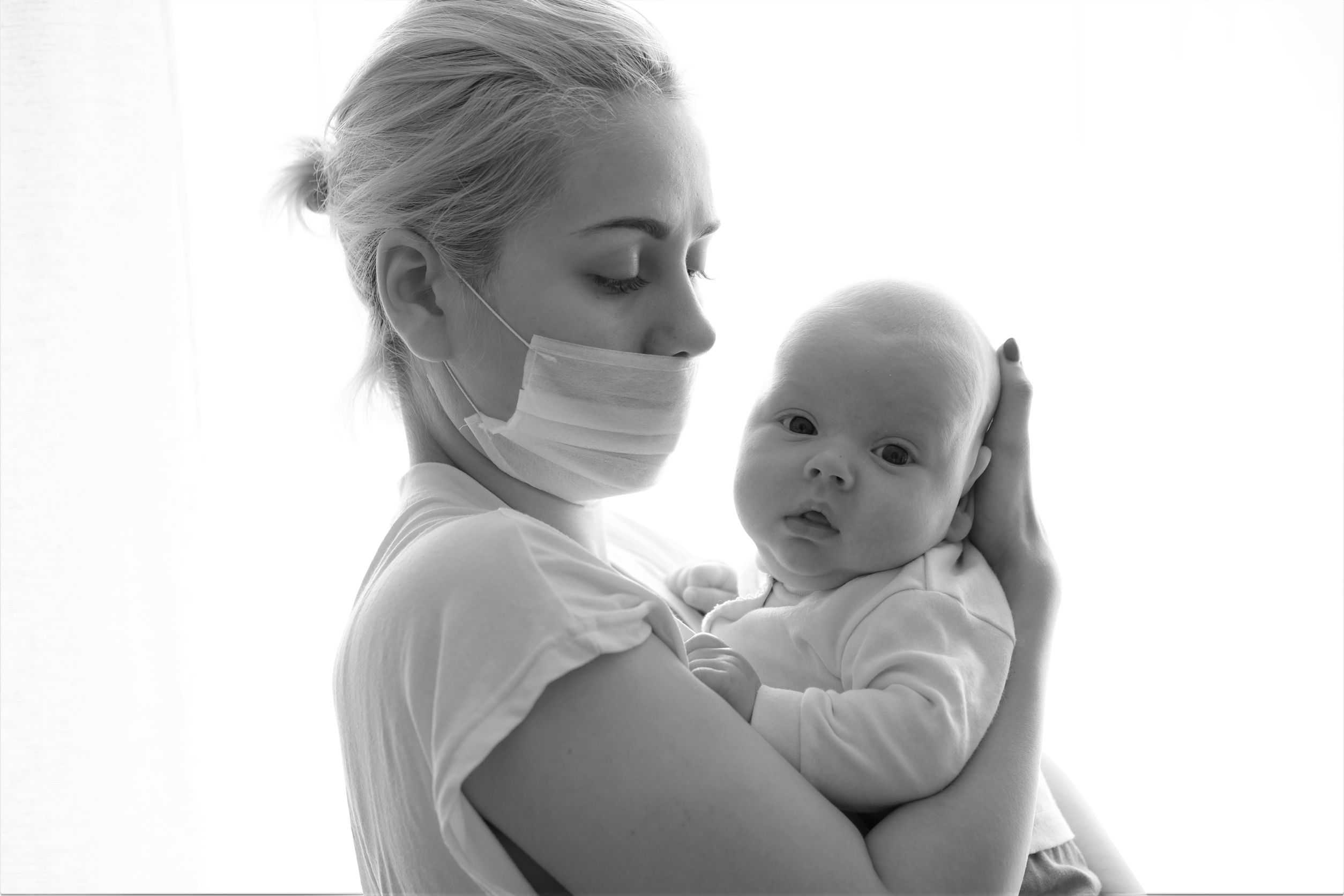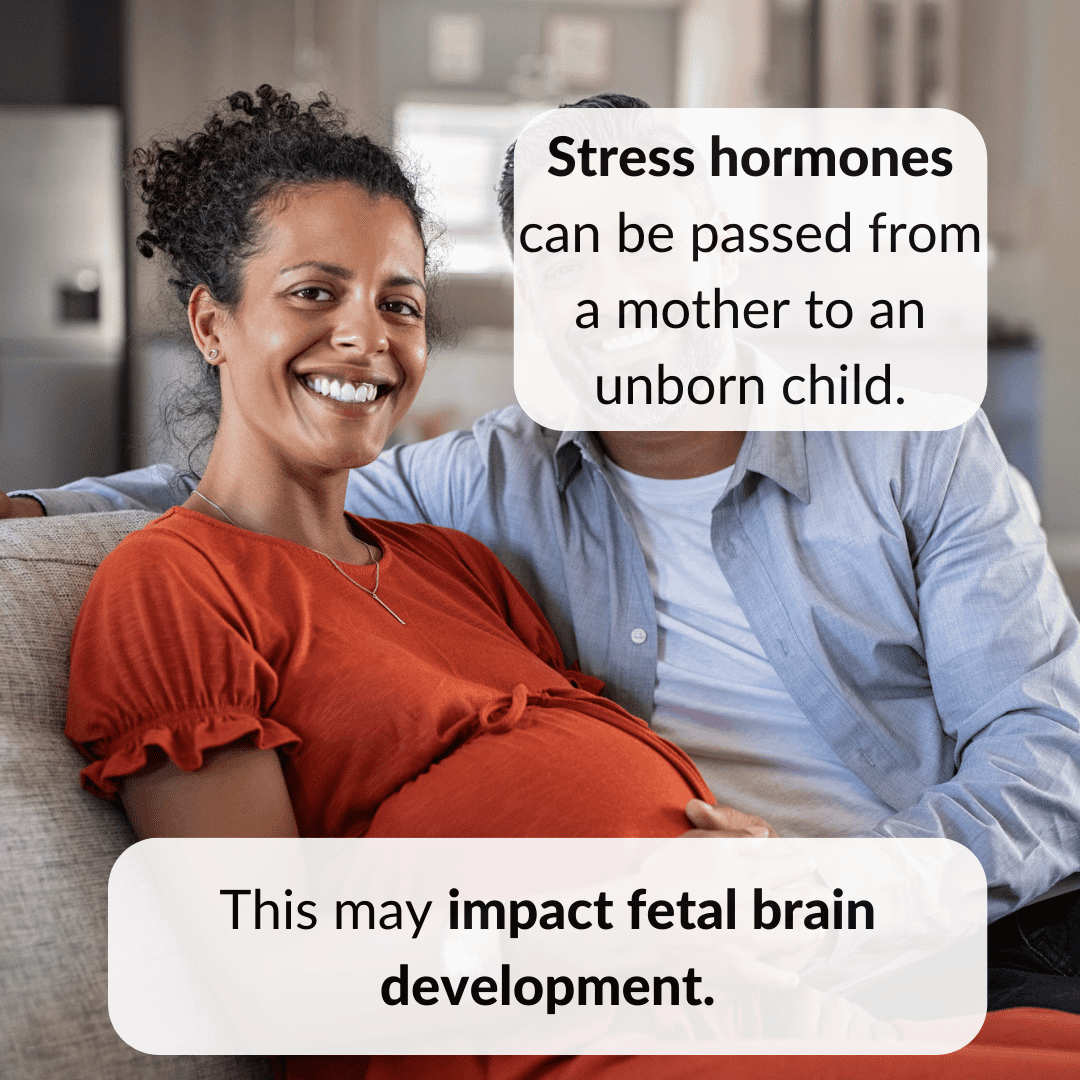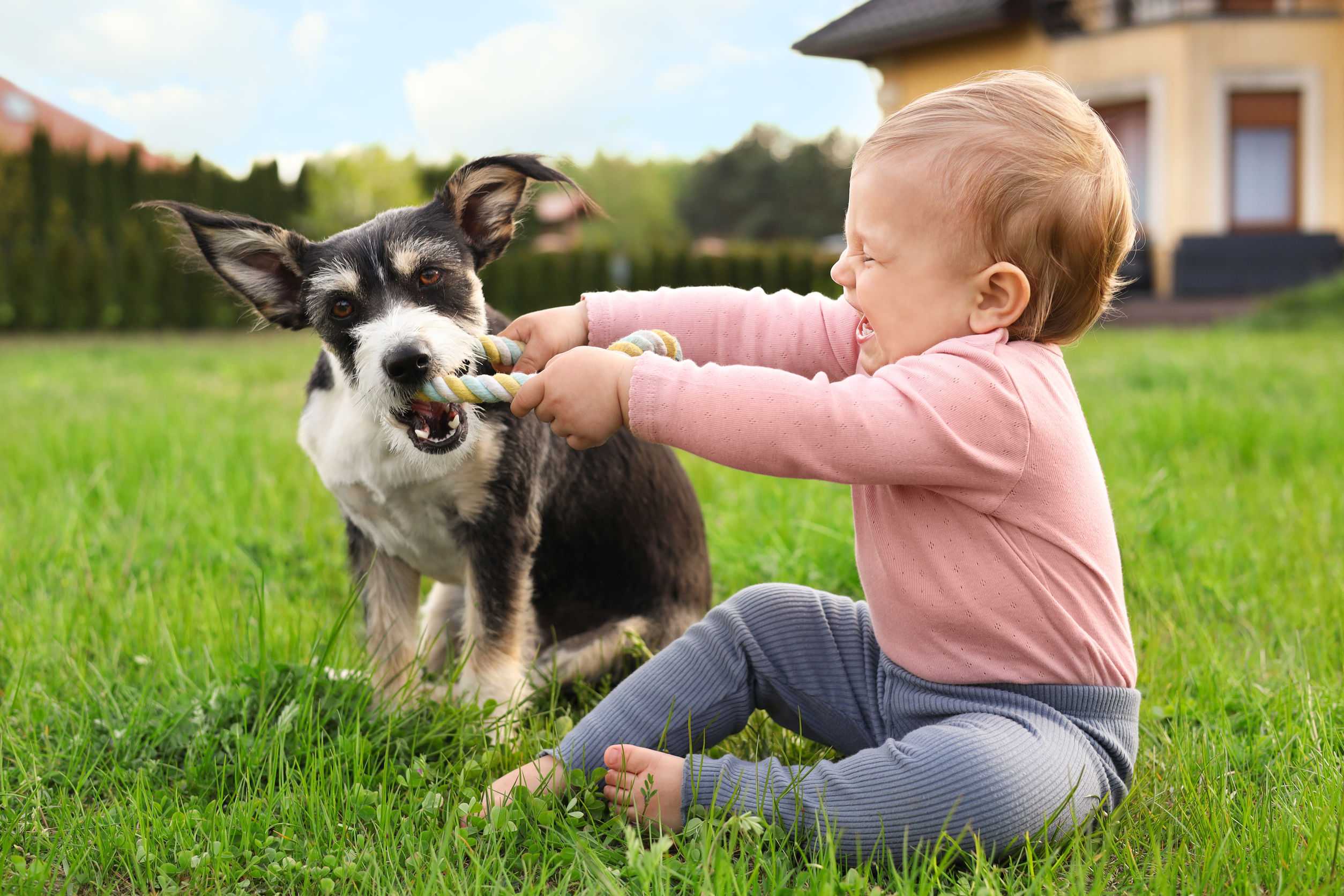
It’s hard to believe that we are entering the third year of Covid-19. It is also hard to get our heads around the fact that children under five have spent half their lives growing through the stress and uncertainty this relentless storm has wrought. What can we do to make sure that they are on the path of emotional well-being?
Consider for a moment that this youngest generation has spent nearly 700 days of their lives growing up in a pandemic that has impacted all aspects of their world.

They are responding not only to the uncertainty and lack of consistency in their world but to the reactions and levels of stress the key adults in their lives are experiencing as well. For some children, this meant exposure to pandemic stress even before birth.

While there is no evidence that having Covid while pregnant impacts the fetus, the stress of being pregnant through the pandemic could very well have an effect. According to Charles Nelson, a professor of pediatrics and neuroscience at Harvard Medical School and Boston Children's Hospital, stress hormones can be passed from the mother to her unborn baby potentially impacting fetal brain development.
Columbia University researchers have found in a study of 255 babies that these babies born during the pandemic’s first year scored lower on a developmental screening of social and motor skills at six months—unrelated to the covid virus but instead related to the impact the pandemic and social unrest has had in elevating the already high-stress levels their mothers experienced while pregnant.
According to parents interviewed by the National Institute of Early Education Research (NIEER) the social and emotional consequences of this time are palpable. Behavioral challenges, peer difficulties, and prosocial behavior problems were all reported at levels double or more of what’s normally expected (about ten percent). And while underserved populations were especially hard hit, elevated rates of problems were reported by parents from all backgrounds.
While all this research is still new and developing — and we of course do not know yet what the long-term effects may be — we know what we see right now, and the crisis we are facing. How do we stem the tide? How do we help our youngest get on track, change the trajectory of what this time has brought, and better still set them on the best path to emotional well-being, learning, and success, not just in this moment but throughout their lives?
We are in fact in the midst of another pandemic — one of mental health — and it has impacted our littlest learners considerably. So concerning is the situation that the US Surgeon General, as well as The American Academy of Pediatrics, The American Academy of Child and Adolescent Psychiatry, and The Children’s Hospital Association, all declared “a national emergency” around children's mental health.
It is critical that we pay attention to the developmental foundation of children’s earliest years-- the social and emotional infrastructure that children will build their futures upon. It is far easier to prevent potential problems than repair. And by building an emotional framework for children right now we can stave off the negative impact on their emotional, cognitive, and social development now and the potential need to repair as they grow.

We need to help children to identify, express, understand and regulate their emotions — big and small. They need to know that all their emotions are okay! Everyone experiences emotions; it is what we do with those emotions that matter most.
This begins with how we handle OUR own emotions.
Children are watching, absorbing, acting, and reacting to how we are handling our emotions. Our stress becomes their stress — and for a little one who does not yet have the language to express how they are feeling, or the emotional knowledge to understand or identify feelings, that can become overwhelming and scary. It can reveal itself in behavioral issues, involving regressive behaviors, acting out, hurting others causing problems in school, at home or in social situations.
Children are truly emotional detectives, and the key to their emotional well-being is to be surrounded by supportive responsive relationships. Before we can best model for and guide children in their emotional well-being, we need to put on our own emotional oxygen masks, and take care of how we are handling our own stress, anxiety, and frustrations.

Be mindful of your tone. When they hear you are calm, and not raising your voice or frustration level, that will help them know it is safe to express how they are feeling.
Co-regulation leads to self-regulation- guide children in their emotional awareness and understanding. This means leading them through ways to calm themselves, helping them to talk about what is making them upset, helping them to express and show how they are feeling, helping them to listen to how others may be feeling, talking about how you can solve the problem together, and making a plan for the next time something happens.

It might seem an exaggeration to compliment two children playing well with toys, but it’s no small thing for a young child to manage the challenging emotions that arise during play.
Did someone jump in line at the playground? Has their favorite crayon been grabbed away? Someone else ate all the goldfish crackers? When a child manages these situations well, remember to spotlight the moment.
The next time a situation arises when perhaps things are not handled as well, reflect back upon together how they resolved things last time-reinforce their learning with repeated opportunities to lay the foundation of emotional awareness and understanding.

Invite your child to take a walk with you around the block. If you can get a few moments alone, try a few minutes of meditation or deep breathing. Remember to cut yourself some slack. You’re not alone — everyone is struggling with these unexpected changes and heightened demands.
And when you’re able to find ways to give yourself a break, you’ll return fresh to your children, with the mental and emotional clarity to better meet their needs and model the behavior you want to guide their development.

Few things lighten the tension between children better than introducing a bit of silliness or the opportunity to just play and explore -adults benefit from play as well, get in touch with your inner child. It can be the perfect stress reliever to just head out in the snow and build that fort together.
Coming together in these moments can reduce the levels of stress or anxiety in the air and open the way to simple joy, appreciating and cherishing the moment.

There will be times you might have to dig a little deeper into your reserves of patience, or have to hunt for it altogether, but remember you hold the key here. Teaching and learning is an outgrowth of the positive supportive interactions you have with young children and their ability to manage and regulate their emotions grows from your supportive and responsive interactions with them. By focusing on your own emotional awareness, understanding and well-being you can then support your child in theirs and lay that critical foundation that will help them move forward from this stormy time successfully – armed with the skills they need for their lifelong social emotional well-being.
These Posts on Parenting
Housman Institute, LLC
831 Beacon Street, Suite 407
Newton, MA 02459
info@housmaninstitute.org
(508)379-3012
Explore
Our Products
Legal
Connect
Contact
Join our Mailing List!
Subscribe to receive our newsletter, latest blogs, and ECSEL resources.
We respect and value your privacy.
No Comments Yet
Let us know what you think